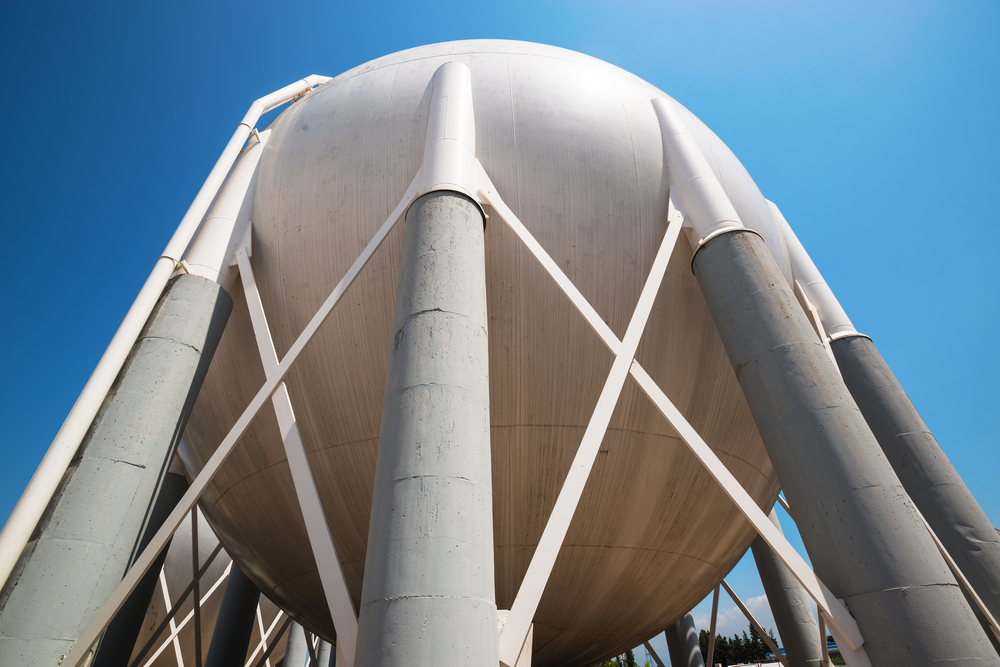
The shale revolution has made the United States the No. 1 producer of natural gas in the world and the effect has been far-reaching. According to the National Propane Gas Association, in
2019 the U.S. exported more than 16 billion gallons of propane, an amount that is enough to fuel more than five million LPG-powered fleet vehicles and heat 15 million homes.
A key link in the LPG production and supply chain are the railroads that transport the fuel to all points of the compass in the U.S. In fact, the 120-car LPG-laden unit trains passing through communities large and small across the country have become
so ubiquitous that they have essentially become ambient noise, akin to the chirping of birds or the whir of a lawn mower.
Transporting LPG via pressurized railcar is not a simple process. Lending an invaluable hand in this area are the companies that manufacture the railcars that transport LPG, along with the various components and equipment that help deliver an enviable
safety record. Midland Manufacturing, Inc., is one of those railcar-equipment suppliers that is committed to helping railroads achieve the safest and most reliable LPG-transport operations. As such, Midland has created an LPG Valve Package featuring equipment that has been designed to optimize performance in LPG-transporting applications.
Midland’s LPG Valve Package product offering includes:
- Pressure Relief Valves: Midland PRVs are available in interior and exterior body designs, both of which offer reliability and flexibility for use in every Department of Transportation
(DOT) pressure rating from 225 to 495 psig (15.5 to 34 bar) and at flow rates up to 49,912 standard cubic feet per minute (scfm).
- Angle Valves: Midland angle valves are available in 1-, 2- and 3-inch sizes, all of which feature the lowest number of potential leak paths, which are even better assured via triple
seals and bubble-testing. The elevated seat design also permits self-draining, which mitigates against the concern that product could become trapped or released accidentally.
- Check Valves: Designed to provide flow rates up to 37,000 pounds per hour, dramatically reducing the risk that a damage-causing inadvertent closure will occur. Should the valve
“check” because of an excess-flow condition, a built-in pressure bypass enables rapid reopening and continued operation after the cause is corrected.
- Needle Valves: These components allow sampling of the railcar lading without the need to open a larger transfer valve, though they must be installed with a check valve on the tank side to prevent product loss if the valve nipple is accidentally sheared off.
To further assist its clients in keeping all the critical valves that are needed on an LPG railcar in proper working order and up-to-date with the latest regulatory standards, Midland offers a comprehensive Valve Remanufacturing & Repair Program.
This is much more than a typical “repair program.” For every LPG valve that is sent to Midland for remanufacturing – whether a Midland original or acquired from a competitive brand – general and specific application data
is gathered and recorded as the valve is returned to a “like-new” condition. This information allows insight into the operational history of the valve, which is the fulcrum of Midland’s consultative approach to optimizing
the individual valve’s service intervals. The result is more valve uptime, along with increased transport safety and improved peace of mind for the railroad.
For more information on Midland Manufacturing, Inc., and its complete portfolio of railcar equipment for the safe, reliable and efficient transport of LPG, please visit midlandmfg.com.